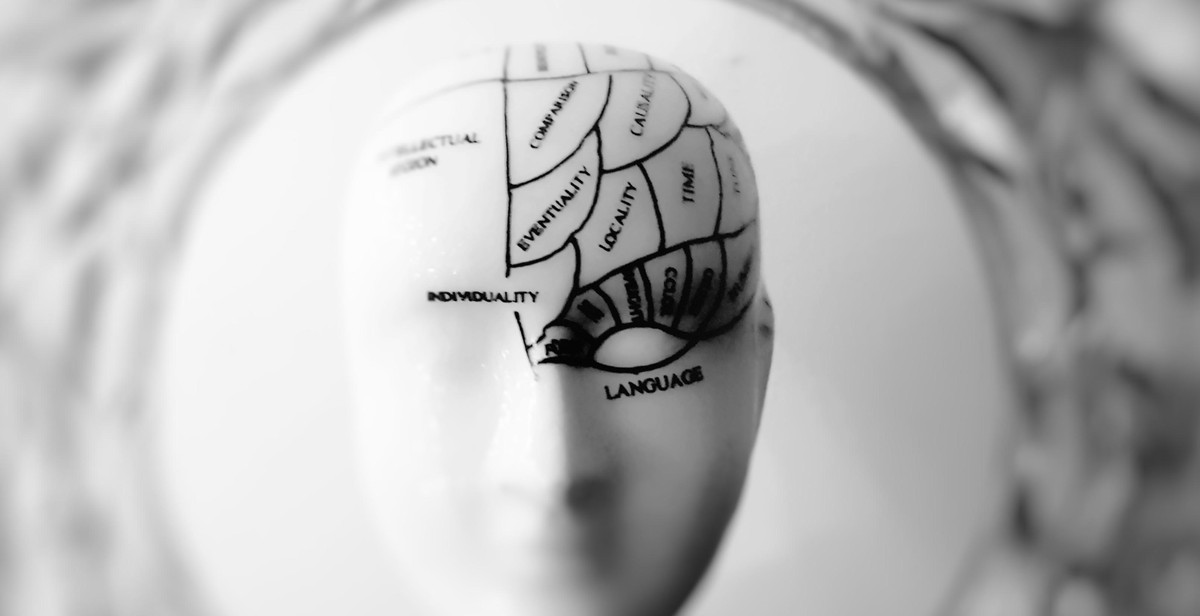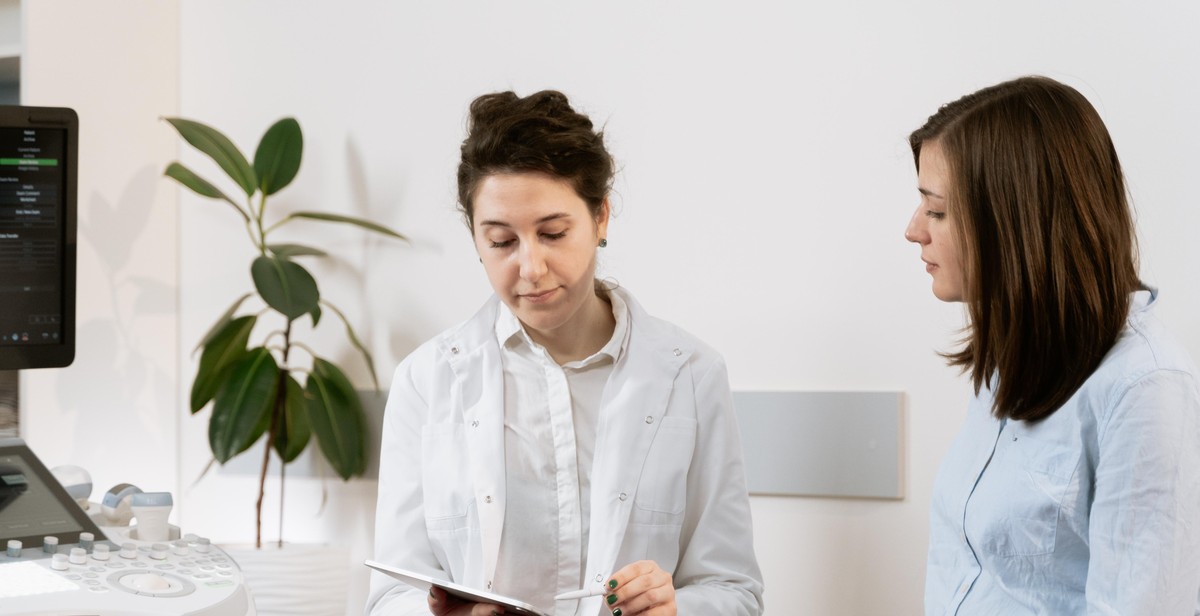The Curious Phenomenon of Déjà Vu Explained
Have you ever experienced a feeling of familiarity when you are in a new situation? Or felt like you have already lived a moment that is happening right now? This strange feeling is called Déjà Vu, which is a French term that translates to “already seen.”
Déjà Vu is a curious phenomenon that has puzzled scientists, philosophers, and ordinary people for centuries. It is a feeling that is difficult to describe, but it is often associated with a sense of eeriness or a glitch in the matrix.
What is Déjà Vu?
Déjà Vu is a subjective experience that occurs when a person feels like they have already experienced a current situation. It is a feeling of familiarity that is not based on any actual memory of the event. Déjà Vu can be triggered by a variety of stimuli, such as a sound, a smell, a location, or a visual cue.
The Science Behind Déjà Vu
Scientists have proposed several theories to explain the phenomenon of Déjà Vu. One theory suggests that it is a result of a mismatch between the sensory input and the brain’s interpretation of that input. Another theory suggests that it is a memory-related phenomenon, where the brain retrieves a memory that is similar to the current experience.
Despite extensive research, the exact cause of Déjà Vu is still unknown. However, scientists continue to study this curious phenomenon in the hopes of unraveling its mysteries.

What is Déjà Vu?
Déjà vu is a French term that means “already seen”. It is a curious phenomenon that occurs when a person experiences a feeling of familiarity with a situation or an environment that they are currently experiencing. It is a feeling that the situation has happened before, even though the person cannot remember when or where it occurred. Déjà vu is a common experience and has been reported by many people at some point in their lives.
Types of Déjà Vu
There are different types of déjà vu experiences, and they can be categorized into three main types:
- Associative Déjà Vu: This type of déjà vu occurs when a person encounters a new situation that triggers a memory of a past event. For example, a person might feel déjà vu when they visit a new city that reminds them of a place they visited in the past.
- Biological Déjà Vu: This type of déjà vu is associated with certain neurological conditions, such as epilepsy. People with this condition may experience déjà vu as a symptom of a seizure.
- Spiritual Déjà Vu: This type of déjà vu is associated with spiritual or supernatural experiences. Some people believe that déjà vu is a sign of past lives or connections to other dimensions.
The exact cause of déjà vu is not fully understood, but it is believed to be a result of a mismatch between the brain’s perception and memory systems. It is also thought to be related to the brain’s ability to recognize patterns and make predictions based on past experiences.

Theories behind Déjà Vu
There are several theories that attempt to explain the curious phenomenon of déjà vu. Here are some of the most popular:
Dual Processing Theory
The dual processing theory suggests that déjà vu occurs when there is a mismatch between the sensory information that our brain is receiving and our brain’s interpretation of that information. According to this theory, our brain processes information in two ways: one is conscious and the other is unconscious. When our unconscious processing system recognizes a familiar situation before our conscious processing system does, we experience déjà vu.
Hologram Theory
The hologram theory proposes that our memories are stored in a holographic format in our brain. This means that every piece of information is stored in every part of the brain. When we experience déjà vu, it is because we are accessing a memory that is stored in a different part of the brain than usual. This creates the feeling that we have experienced the situation before.
Neurological Explanations
Neurological explanations suggest that déjà vu is caused by a delay in the transfer of information from one side of the brain to the other. This delay creates the feeling that we have experienced a situation before, even though it is the first time we are encountering it. Another neurological explanation is that déjà vu is caused by a malfunction in the brain’s temporal lobe, which is responsible for memory processing.
While these theories provide some insight into the phenomenon of déjà vu, the exact cause of this curious experience remains a mystery.

Déjà Vu and Memory
One of the most fascinating aspects of déjà vu is its connection to memory. Researchers believe that the phenomenon is linked to memory consolidation and retrieval processes in the brain.
Memory Consolidation
Memory consolidation is the process by which our brains convert short-term memories into long-term memories. This process involves the transfer of information from the hippocampus, a structure in the brain responsible for short-term memory, to the neocortex, which is responsible for long-term memory storage.
During memory consolidation, the brain replays the neural activity that occurred during the initial experience, strengthening the connections between neurons and solidifying the memory. This process can take hours, days, or even weeks, depending on the complexity of the memory.
Memory Retrieval
Memory retrieval is the process by which we access stored memories. When we recall a memory, the brain replays the neural activity associated with that memory, allowing us to re-experience the event in our minds.
It’s possible that déjà vu occurs when the brain mistakenly retrieves a memory from the neocortex that was only recently stored in the hippocampus. This could create the feeling that the current experience has already been experienced before.
However, the exact mechanisms behind déjà vu and memory are still not fully understood, and more research is needed to unravel this curious phenomenon.

Déjà Vu and the Brain
Déjà vu is a curious phenomenon that has puzzled scientists and the general public alike. While the exact cause of this phenomenon is still unknown, researchers have identified several areas of the brain that may be involved in the experience of déjà vu.
Temporal Lobe Involvement
Research has suggested that the temporal lobe may play a key role in the experience of déjà vu. The temporal lobe is responsible for processing sensory information, including visual and auditory stimuli. Studies have shown that individuals who experience déjà vu have increased activity in the temporal lobe during the experience.
Dopamine and Serotonin
Another theory suggests that déjà vu may be related to levels of the neurotransmitters dopamine and serotonin in the brain. Dopamine is associated with reward and motivation, while serotonin is involved in mood regulation and memory. Studies have shown that individuals who experience déjà vu have decreased levels of dopamine and serotonin in the brain.
It is important to note that these theories are still being researched and debated, and the exact cause of déjà vu is still unknown. However, by studying the brain and its functions, researchers hope to gain a better understanding of this curious phenomenon.

Déjà Vu and Paranormal Experiences
Many people attribute déjà vu to paranormal experiences or supernatural phenomena. Some believe it to be a glimpse into a past life or a sign of psychic abilities. However, there is no scientific evidence to support these claims.
Paranormal Explanations
One theory is that déjà vu is a form of precognition, or the ability to see into the future. According to this theory, when we experience déjà vu, we are actually remembering a future event that we have already seen in a dream or a vision.
Another paranormal explanation is that déjà vu is a sign of reincarnation. Some believe that when we experience déjà vu, we are remembering past lives or experiences from a previous existence.
Scientific Rebuttals
While these paranormal explanations may sound intriguing, there is no scientific evidence to support them. Instead, scientists have proposed several theories to explain the phenomenon of déjà vu.
One theory is that déjà vu is a glitch in the brain’s memory processing system. According to this theory, when we encounter a situation that is similar to a past experience, our brain may retrieve the wrong memory, causing us to feel as though we have been there before.
Another theory is that déjà vu is a result of the brain’s ability to make predictions based on past experiences. When we encounter a situation that is similar to a past experience, our brain may predict what will happen next, creating a feeling of familiarity or déjà vu.
- Paranormal Explanations: No scientific evidence to support
- Scientific Rebuttals: Glitch in memory processing system or brain’s ability to make predictions
| Paranormal Explanations | Scientific Rebuttals |
|---|---|
| No scientific evidence to support | Glitch in memory processing system or brain’s ability to make predictions |

Conclusion
As we have seen, déjà vu is a fascinating phenomenon that has puzzled scientists and researchers for centuries. While there is no one definitive explanation for why it occurs, there are several theories that attempt to shed light on this curious experience.
Theories of Déjà Vu
- The neurological theory suggests that déjà vu occurs when there is a delay in processing information in the brain, leading to a sense of familiarity with a new situation or experience.
- The memory-based theory proposes that déjà vu is the result of a mismatch between the sensory information being received and the memories stored in the brain, leading to a feeling of familiarity.
- The spiritual theory suggests that déjà vu is a sign of past lives or a connection to a higher power.
While each theory has its own merits, it is likely that déjà vu is a complex experience that involves a combination of factors, including memory, perception, and attention. Further research is needed to fully understand this phenomenon.
Coping with Déjà Vu
If you experience déjà vu frequently or find it unsettling, there are several strategies you can use to cope with it:
- Take a few deep breaths and focus on the present moment.
- Talk to a trusted friend or family member about your experience.
- Engage in activities that help you feel grounded, such as exercise or meditation.
Remember that déjà vu is a common experience that many people have had at some point in their lives. While it can be disorienting or confusing, it is usually harmless and does not require treatment.
|
About the Author: John Smith is a writer and researcher with over 10 years of experience in the field of psychology. He has written extensively on topics related to memory, perception, and consciousness. John is passionate about helping people understand complex psychological concepts and apply them to their daily lives. |
